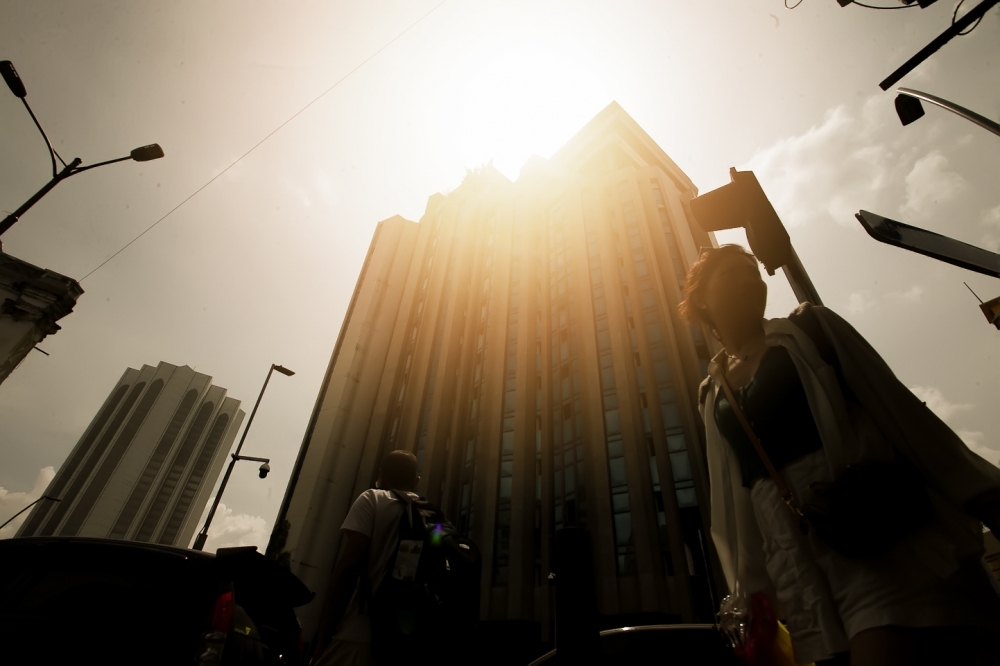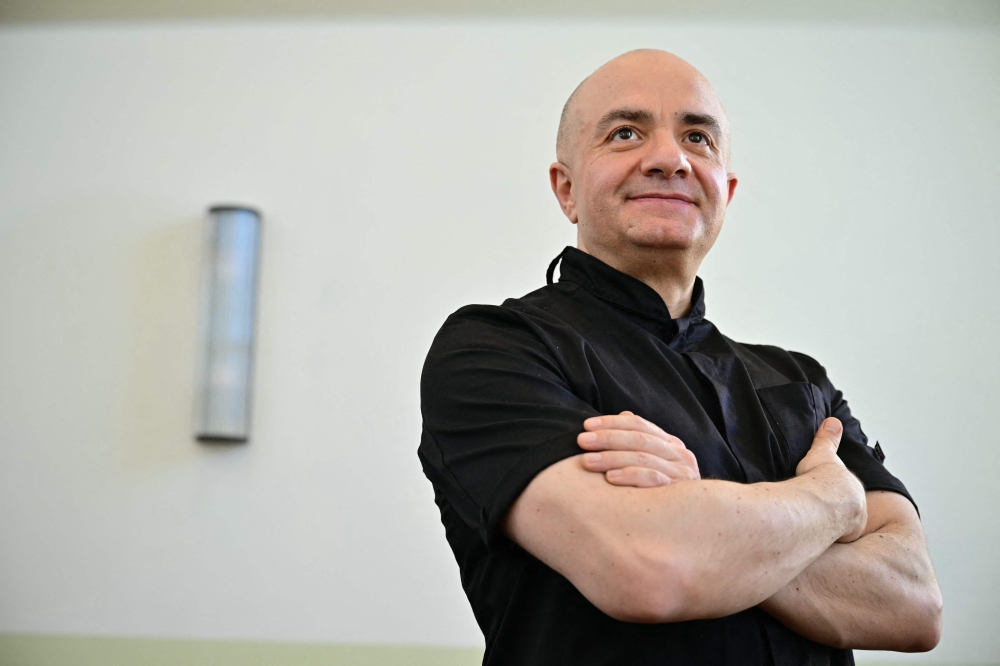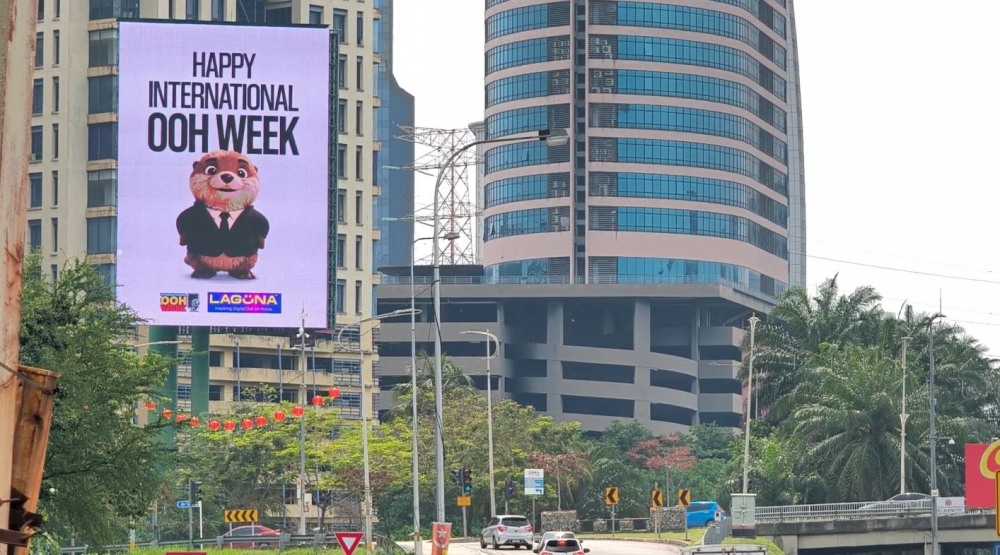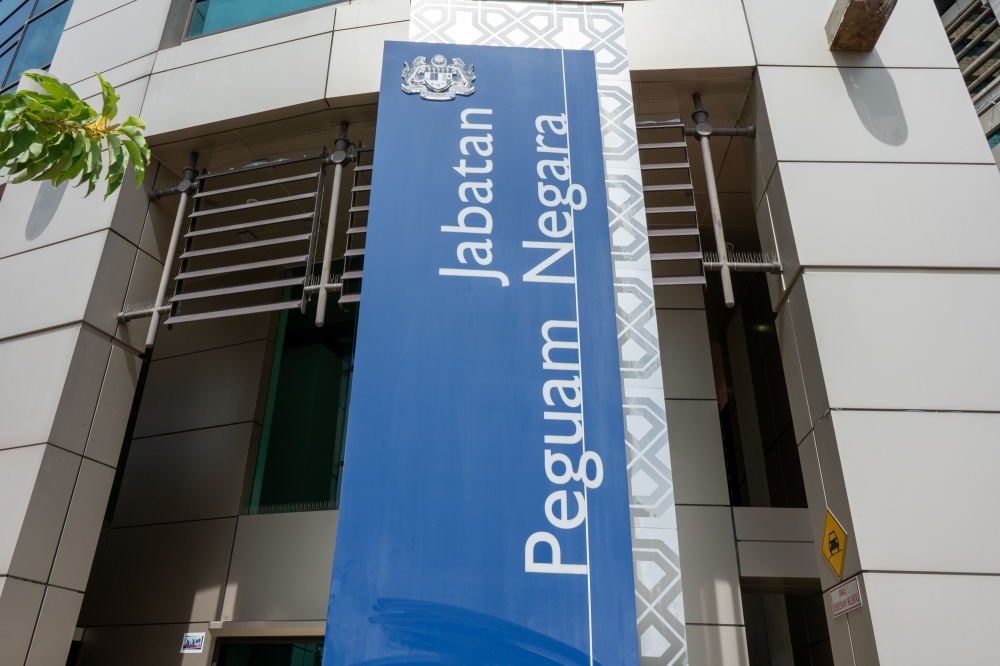KUALA LUMPUR, Oct 10 ― If there is one thing Malaysians love, it has to be their food.
It is probably the one common denominator among citizens with the famous, “Sudah makan ke? (Have you eaten?)” being a favourite catchphrase.
On a broader scale, food security has become an important facet that the government has chosen to focus on in its upcoming Budget 2022.
An English daily recently reported that Finance Minister Datuk Seri Tengku Zafrul Abdul Aziz said food security and the agricultural sector would be among the Budget’s main focus.
This was in line with the government’s socio-economic recovery plan besides growth in the short, medium and long term.
He said RM3.15 billion had been transferred to the agricultural sector via a stimulus package and Budget 2021, adding that the sectors would lay the foundation in reducing the country’s dependency on imported food in the long term.
Food security, as defined by the United Nations' Committee on World Food Security means “all people, at all times, have physical, social, and economic access to sufficient, safe, and nutritious food that meets their food preferences and dietary needs for an active and healthy life.”
In Malaysia, besides efforts made by the federal and state governments, corporations and individuals are also doing their part to lessen the dependency on food imports and increase food security.
Among them is the Sunway Organic Farm and Sunway XFarms that are seeking to address food security with urban and organic farming.
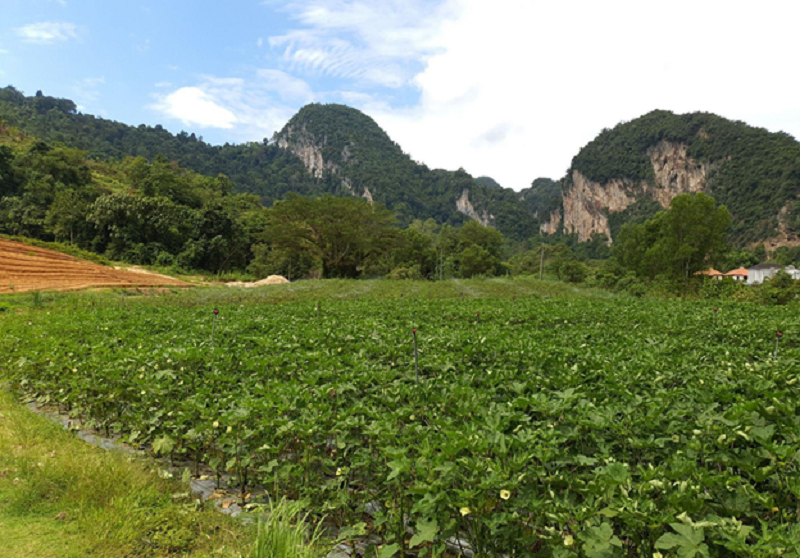
Organic farming in Ipoh
The word “organic” has been trending in the past few years and produce grown without synthetic pesticides or chemical fertilisers are widely sold.
Pest control and crop nutrients are managed through natural physical, mechanical, and biological methods.
Sunway Organic Farm, which is located at Sunway City Ipoh, is one example of sustainable organic farming.
Sunway City Ipoh executive director Wong Wan Wooi said the concept originated from Sunway Group founder and chairman Tan Sri Dr Jeffrey Cheah, who believes in sustainable food production and the farm-to-table dining concept.
Wong added that 20 acres of undeveloped land in Sunway City Ipoh was repurposed two years ago for food and agriculture.
“This led to the establishment of Sunway Organic Farm that is located adjacent to The Banjaran Hotsprings Retreat.
“The farm produces pesticide-free fruits and vegetables with fresh water from the mountains.”
The Banjaran Hotsprings Retreat (managed by Sunway Hotels & Resorts) has three organic gardens: Organic Garden, Herbal Garden, and Chef Boon’s Garden.
“The fresh organic vegetables and herbs harvested from the gardens are served to retreat guests and restaurant patrons of The Banjaran to encourage sustainable living and advocate farm-to-table dining.”
Wong also said that Sunway was deeply committed to advancing the 17 United Nations Sustainable Development Goals (SDG) and had incorporated these practices in compliance with these goals.
“Our professional organic farmers practice healthy crop rotation on the gardens, an essential part of organic gardening to add nutrients that also naturally enrich the soil.”
He added that produce from the gardens did not contain carcinogenic pesticides and chemical fertilisers while the available, undeveloped land which is rich with fertile soil and lake water are natural resources for organic farming business in Sunway City Ipoh.
“Sunway aspires to be among the leading organic vegetable producers in Malaysia by incorporating latest technologies in organic farming such as IOT farm manager, CCTV as well as smart irrigation system to improve efficiency.”
The farms produced more than 32,000 kilogrammes of organic vegetables in 2019 and 52,000 kilogrammes in 2020.
“By 2023, we aim to produce at least 150,000 kilogrammes of vegetables and we aim to get more from the yet-to-be developed land within our land bank and put it to good use - by going into organic farming.”
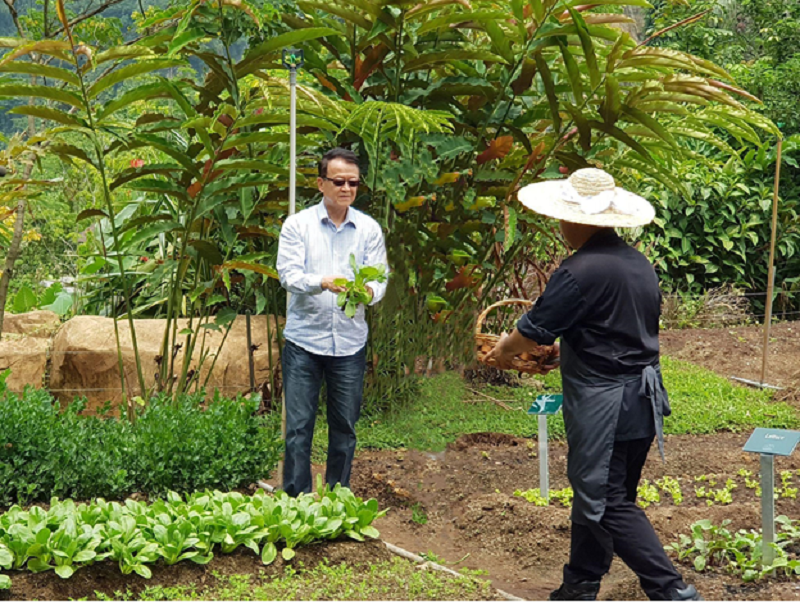
Benefits of organic farming
Wong said it helps reduce food wastage, has a smaller carbon footprint by minimising greenhouse gas emissions, conserves and builds soil health, replenishes natural ecosystems for cleaner water and air as well as all without toxic pesticide residues. Organic farming discourages the use of harsh chemicals and therefore contributes towards the preservation of the natural environment.
“In fact, studies have revealed that organic farming can eliminate about 250 million kilogrammes of pesticides and chemicals from entering into the environment annually.”
He added that Sunway Property delivered more than 200 kilogrammes of fresh organic produce from Sunway City Ipoh’s Organic Farm during the Covid-19 pandemic.
This benefitted more than 6,000 frontline healthcare workers and patients of Hospital Raja Permaisuri Bainun, Ipoh.
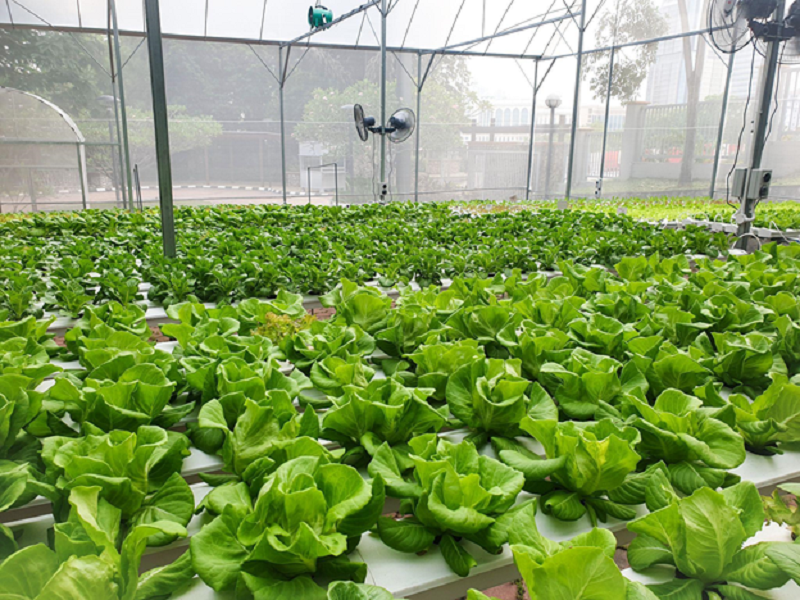
Innovating urban farming
Sunway Group chief innovation officer and Sunway iLabs director, Matt Van Leeuwen said the urban farm innovation hub, called Sunway FutureX Farm, was initiated by three major signals picked up in Sunway iLabs, their corporate incubator and accelerator.
One was the growing interest from their student population in Sunway University to build agriculture technologies and solutions but did not have a testbed to validate their ideas.
“There were a lot of underutilised spaces, like carparks, rooftops, and indoor spaces, that could be turned into food production spaces, and Covid-19 showed us that food supply chains were fragile, and needed innovation to address deeply rooted farm to fork inefficiencies.”
This resulted in Sunway Education Group and Sunway Property collaborating to start Sunway FutureX Farm, the first of its kind, non-profit, urban farm innovation hub that brings together urban farming professionals, tech companies, researchers and young talents to create transformative solutions focusing on food and agritech.
There are four urban farms in the hub.
They utilise various farming technologies including hydroponics, aquaponics, and vertical farms to serve as a living laboratory.
This allows for new technology testing and is opened to communities to access fresh produce grown using smart farming precision technology.
“Through education workshops and short courses, Sunway FutureX Farm empowers communities to grow their own food and trains the next generation of agri-preneurs who will revitalise food systems in the country.”
Van Leeuwen said Sunway Future XFarm is planning to scale through the build and operations of decentralised farms across cities in Malaysia through its commercial arm, Sunway XFarms.
“Starting with Sunway City KL, we are looking to expand into areas where Sunway has a presence, such as KLCC, Cheras, and Kota Damansara in the Klang Valley as well as Penang, Ipoh, and Iskandar.”
Sunway’s vision is to have a smart farm within five kilometres reach from urban communities in Malaysia, giving any urbanite access to clean, fresh, and nutritious food.
“Within eight months we were able to grow more than 60 varieties of pesticide-free leafy greens and herbs, to sell to the communities in and around Sunway City KL.
“The pandemic has probably accelerated the acceptance of urban farmed produce by the market, as people have become increasingly concerned about the availability as well as the safety of the food that they eat.”
In the next five years, Sunway intends to continue their expansion to one million square feet of decentralised smart farms and four urban food hubs in the Klang Valley, Penang, Ipoh, and Iskandar generating 32 million kilogrammes of produce yearly.
They were also looking to work with other urban farmers on their Farm as a Service (FaaS) technology platform that will give access to the key ingredients needed to run and scale up farms, including affordable space, farm management systems, operational know-how, and market access.
“We will also support agri-preneurs by giving access to loans and equity funding. This allows farmers to focus on what they are good at, which is growing fruits and vegetables, and reduce business risk.”
Investment in research and development, as well as talent development will continue to ensure that the seeds of the programme laid today will continue to flourish in the future.

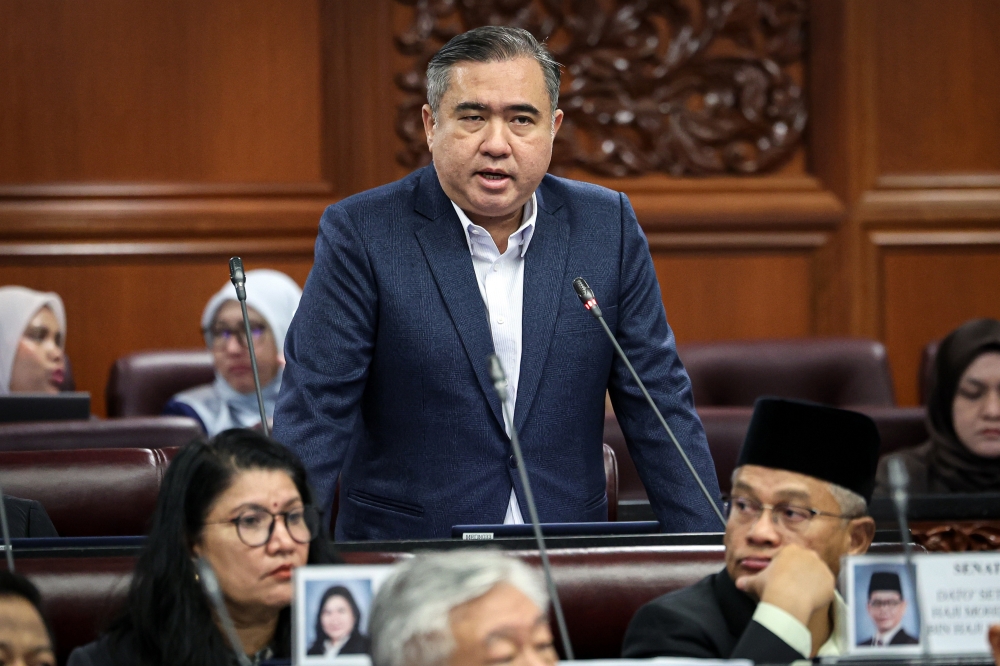
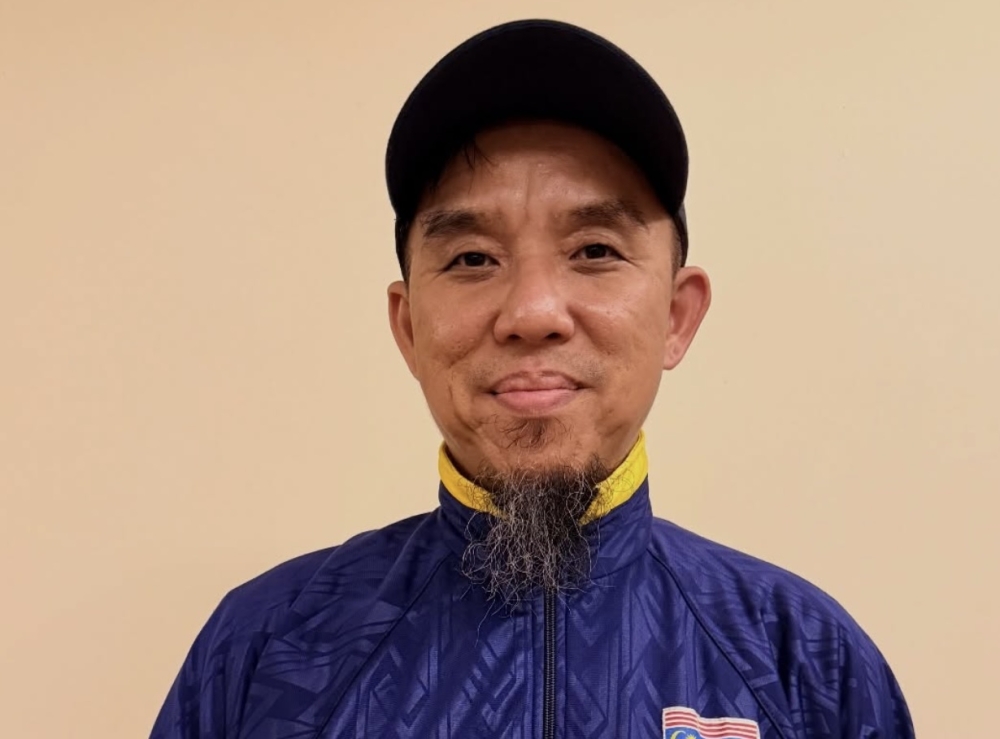
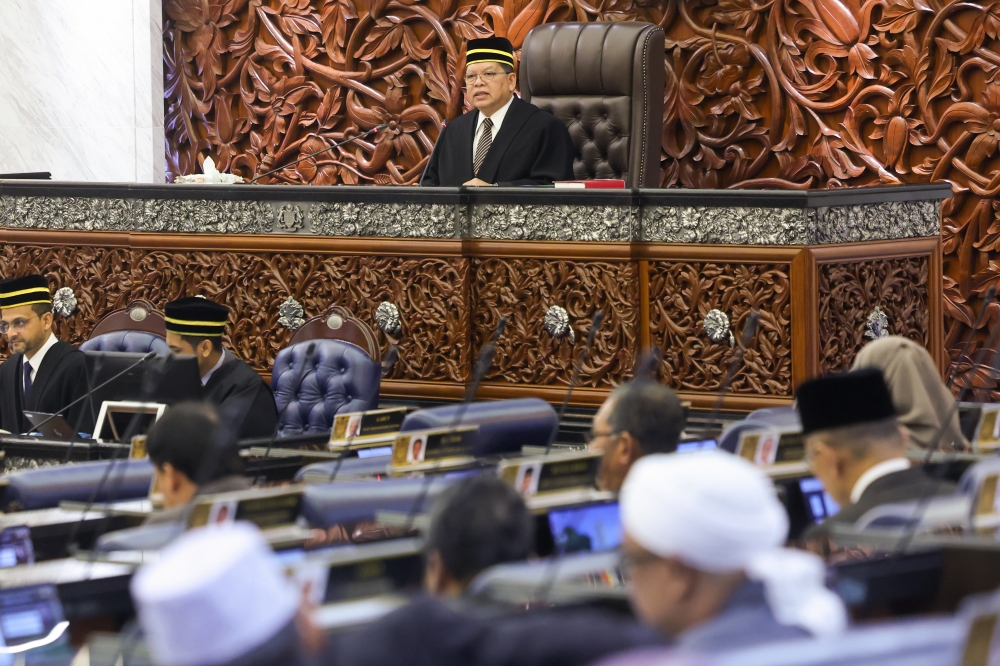

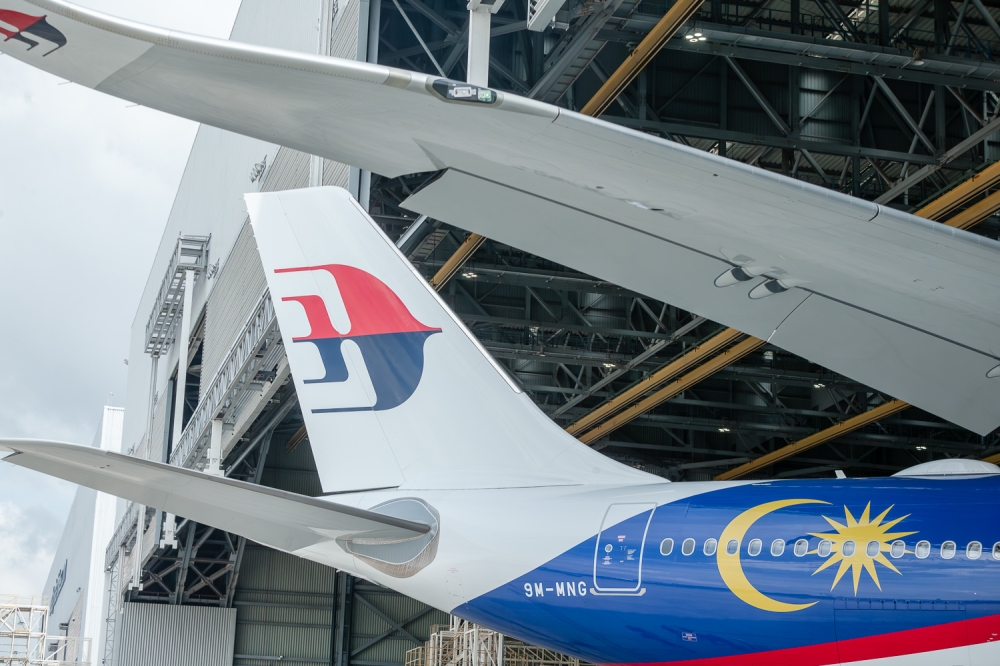

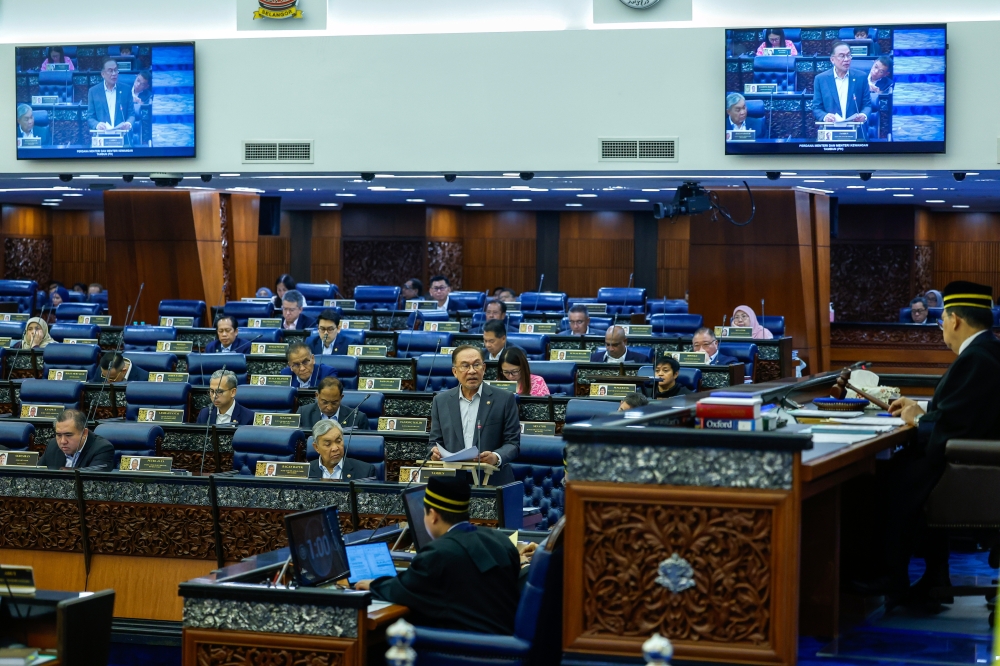
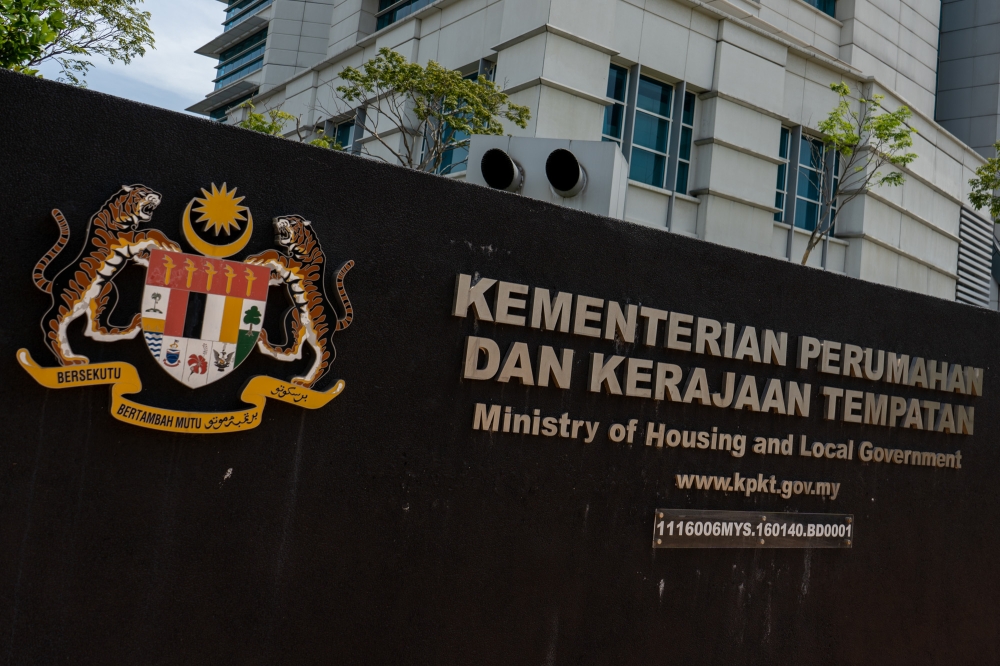

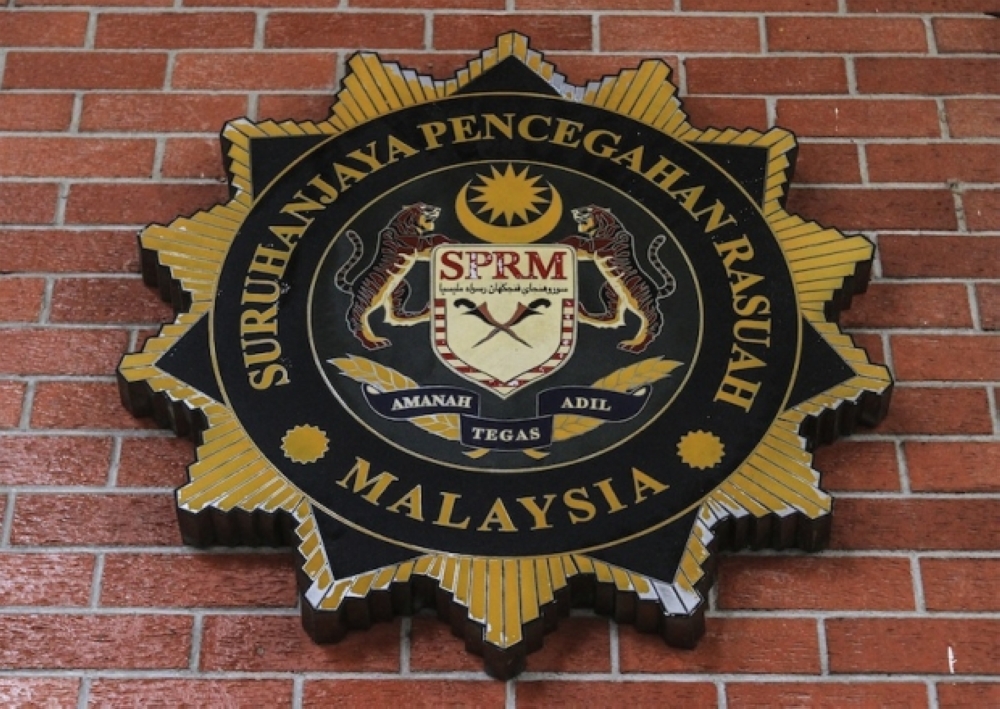

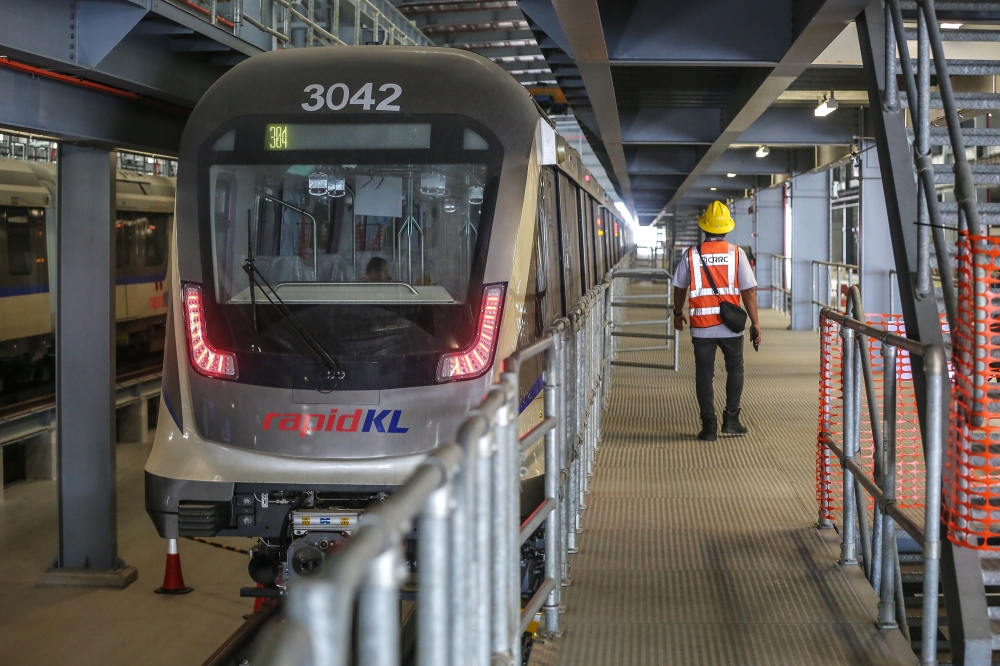

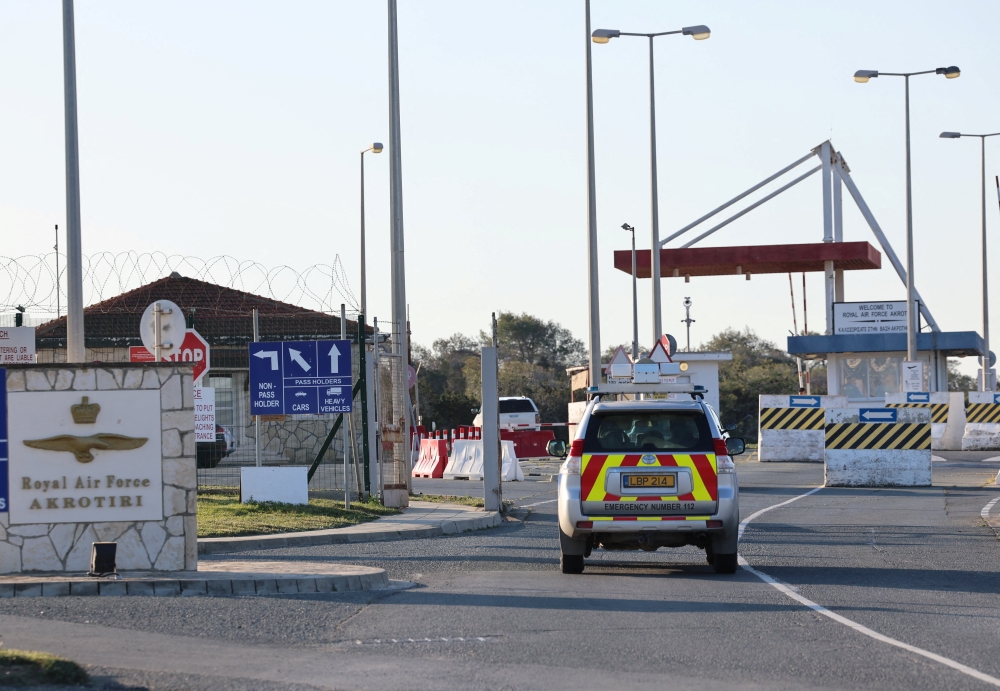
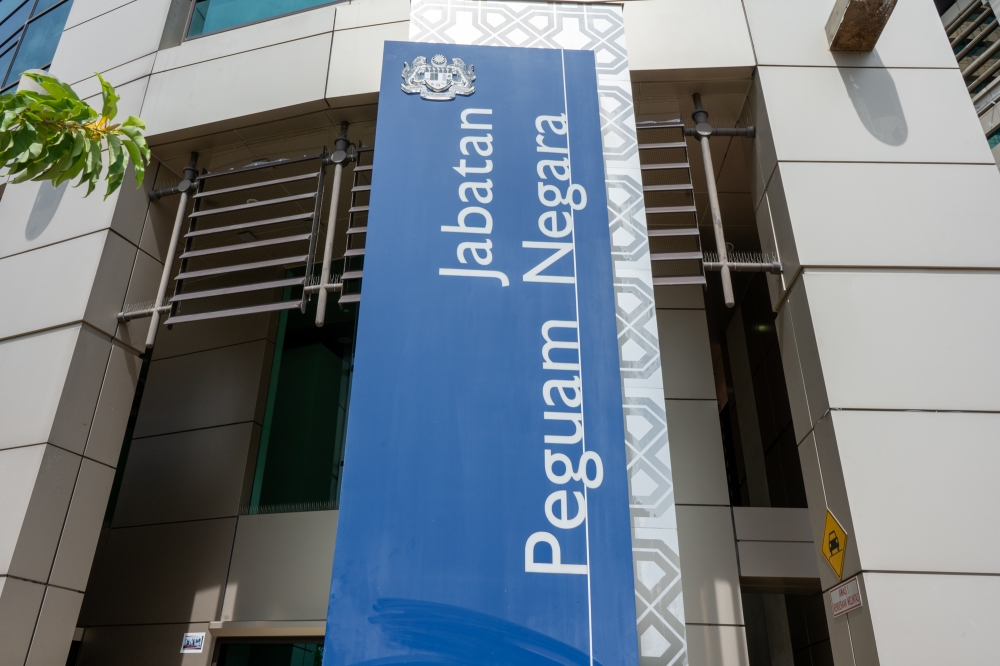
.jpg)
